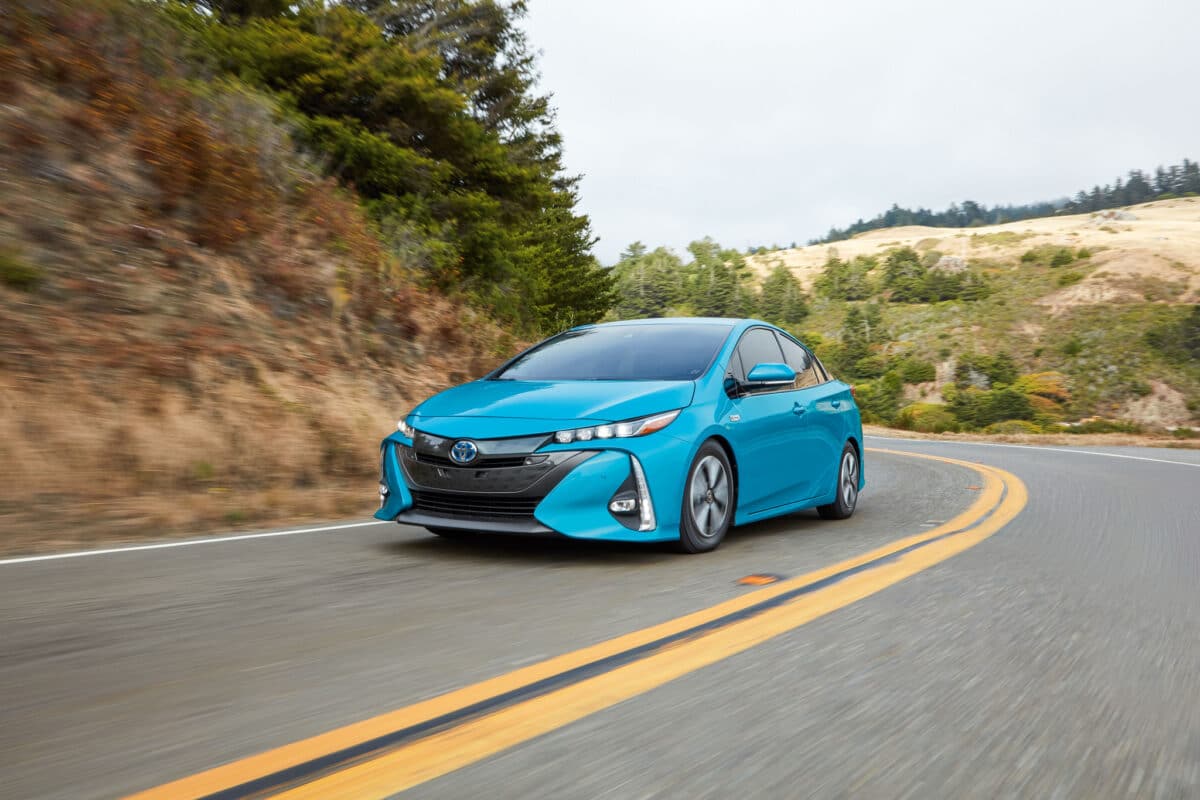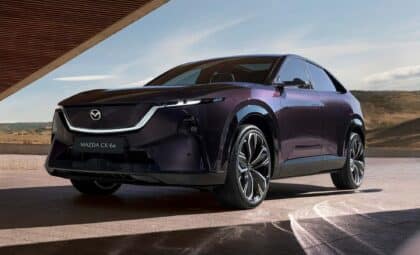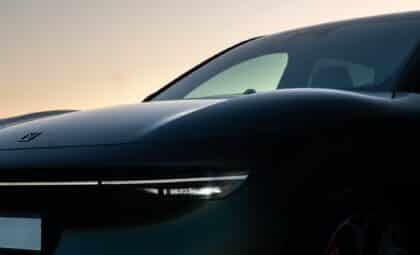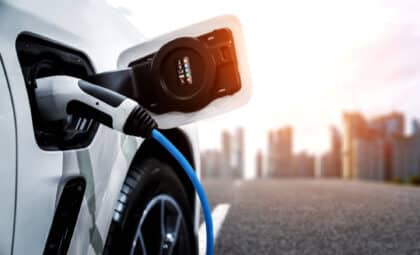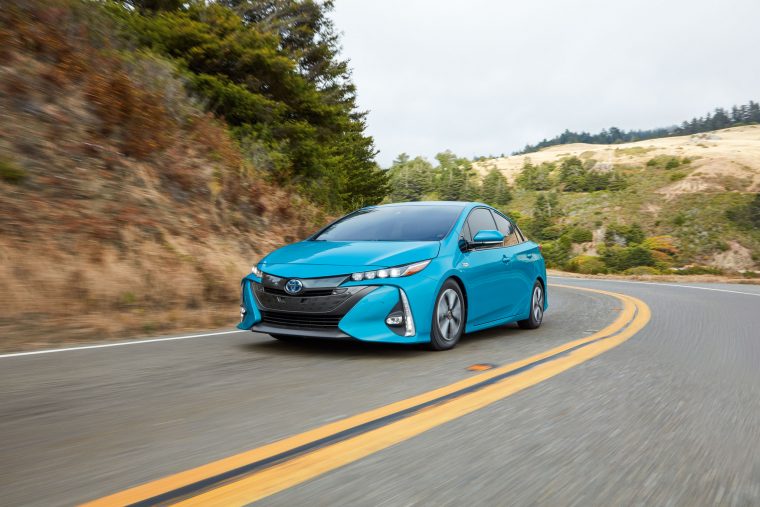
2017 Toyota Prius Prime
The electric car revolution has been rapidly gaining momentum in the last few years and now it seems that we are not too far away from these automobiles completely replacing cars reliant on fossil fuels. Electric and hybrid cars have been a common sight on UK roads for many years since the launch of the Prius, yet there has always been some hesitance and motorists who have no desire to make the switch.
Clean Air Plans
This could change in the near future, however, due to the UK government’s recent clean air plans. The government plans to ban the sale of petrol and diesel cars by the year 2040, which follows many other countries around Europe as the world becomes increasingly more eco-conscious. Whilst some believe that this ban is unrealistic, the city of Oxford has embraced this change and recently made plans to ban all petrol and diesel automobiles from the city center by 2020. It is thought that this will cost around £14 million but could cut the level of nitrogen dioxide to near-background levels.
The main factor holding back motorists at the moment is the lack of charging points, as identified by OVO Energy, yet this has recently been addressed as the government looks to spend £1 billion on developing an electric charging network and other aspects of green driving.
The government’s diesel and petrol ban announcement has caused quite the stir in the automotive industry. New car sales have plummeted largely due to these announcements but also because of the political uncertainty, yet the sale of electric vehicles has soared since the announcement. There has been an increase of 37% in the sale of all-electric cars in 2017 and a rise of 15% for plug-in hybrids. This goes to show that the British public is preparing for the future and this only looks set to continue.
Incentives
In addition to the petrol and diesel ban, the government has also made incentives for motorists to make the switch. Drivers that purchase a plug-in can benefit from a £2,500 discount, whilst those that buy an all-electric receive a grant of up to £4,500. Buying a car is a huge investment, so incentives like these will go a long way and it is no surprise that the sale of green cars has risen so sharply of late.
It seems that both the government and now the public are fully embracing eco-friendly driving and, at the current rate, it is easy to see the ban coming into place in 2040. It is also likely that other major cities will follow Oxford and begin to ban fossil fuel-reliant vehicles to tackle air pollution, which is a major problem in the UK. With the environmental benefits, impending ban and the financial incentives, it seems that a green future is on the horizon.
This article contains sponsored links.
The News Wheel is a digital auto magazine providing readers with a fresh perspective on the latest car news. We’re located in the heart of America (Dayton, Ohio) and our goal is to deliver an entertaining and informative perspective on what’s trending in the automotive world. See more articles from The News Wheel.

